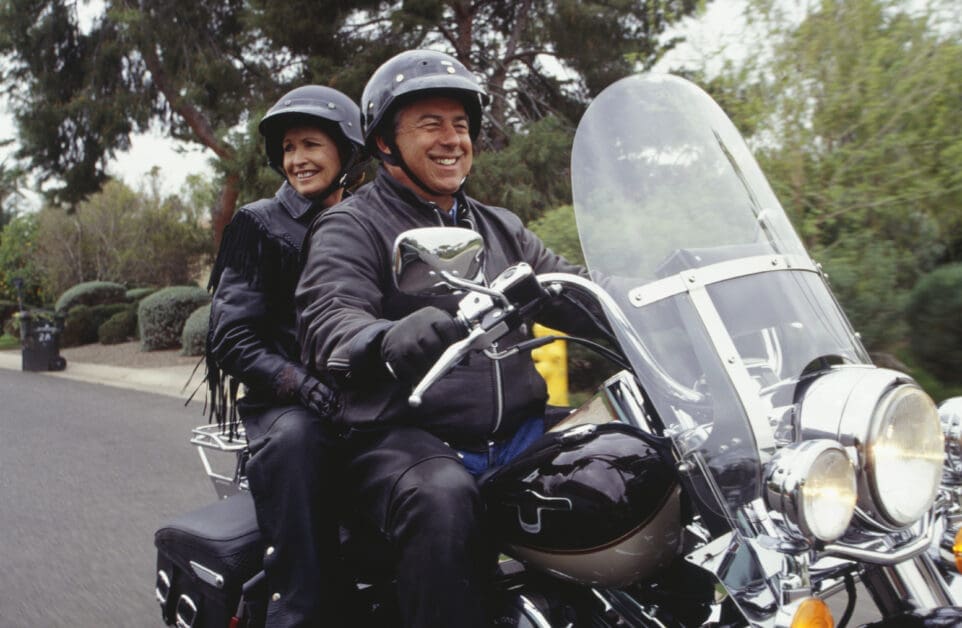What Plaintiffs Should Know When They Find a Motorcycle Lawyer in Atlanta
Motorcycle collisions often lead to devastating injuries, complex liability disputes, and financial strain for riders and their families. Legal representation becomes essential when insurance companies question fault or minimize damages. Plaintiffs benefit from understanding the legal process, the evidence needed, and the strategies that attorneys use to strengthen claims.
When individuals seek to find a motorcycle accident lawyer in Atlanta, they should know what qualities to look for and what legal principles will shape their case. An attorney’s role extends far beyond filing paperwork. It includes gathering evidence, applying Georgia negligence law, and representing clients in settlement negotiations or trial. Learning these details helps injured riders approach the process with confidence and realistic expectations.
Understanding the Role of Negligence in Motorcycle Cases
Negligence forms the foundation of every injury claim. Georgia law requires proof that another party owed a duty of care, breached that duty, caused the accident, and produced measurable damages. Drivers must remain alert for smaller vehicles, avoid distractions, and follow traffic rules. When they fail to yield, text while driving, or speed through intersections, they violate this duty.
Plaintiffs need to know that establishing negligence requires more than pointing to the crash itself. Attorneys use accident reconstruction, traffic camera footage, and black box data to show precisely how the negligent act led to the collision. This process lays the groundwork for financial recovery.
Evaluating Comparative Negligence Under Georgia Law
Georgia uses a modified comparative negligence system. Plaintiffs can only recover damages if their percentage of fault is less than 50 percent. Any award is reduced in proportion to their share of responsibility. For example, a verdict of $100,000 becomes $80,000 if the rider is found 20 percent at fault.
Insurance companies often argue that motorcyclists contributed to the crash by speeding, failing to signal, or weaving between cars. Attorneys counter these claims with precise evidence. Event Data Recorder information, eyewitness accounts, and expert testimony show whether alleged mistakes actually influenced the outcome. Understanding this rule helps plaintiffs recognize why attorneys focus so heavily on fault allocation.
Documenting Damages Beyond Immediate Expenses
Compensation in motorcycle cases covers more than hospital bills. Plaintiffs may recover damages for ongoing medical care, rehabilitation, lost income, reduced earning potential, property damage, pain and suffering, and emotional distress. Severe crashes often cause spinal cord trauma, fractures, or brain injuries that require long-term treatment and limit career opportunities.
Attorneys calculate these damages using medical records, economic reports, and life care plans. Plaintiffs strengthen their claims by saving all receipts, maintaining employment records, and keeping a daily journal of symptoms and limitations. This documentation supports both economic and non-economic damages during settlement talks.
Preserving Evidence That Strengthens Liability Arguments
Evidence often determines the outcome of a motorcycle case. Plaintiffs should act quickly to preserve key information. Taking photographs of the scene, vehicles, and injuries creates a record that can withstand insurance disputes. Retaining damaged gear, such as helmets, jackets, or gloves, provides proof of impact.
Attorneys often send preservation letters to secure traffic camera footage, store surveillance video, and vehicle black box data. Witness statements, police reports, and 911 recordings also play an essential role. The more evidence preserved, the stronger the claim becomes.
Addressing Common Defenses Against Motorcycle Riders
Defendants frequently argue that riders assume greater risk because motorcycles are inherently dangerous. They may claim that a helmet violation, lane placement, or lack of reflective gear contributed to the injuries. Plaintiffs should know that these defenses rarely absolve the at-fault driver of responsibility.
Attorneys emphasize that motorcycle riders have the same rights to safe travel as any other motorist. They highlight compliance with safety laws, visibility strategies, and defensive riding practices. Countering these stereotypes helps juries and insurers focus on the actual cause of the collision rather than unfair assumptions about motorcycles.
Why Legal Representation Shapes Settlement Outcomes
Settlement negotiations involve complex calculations of damages, liability percentages, and future needs. Without representation, plaintiffs may accept offers that undervalue long-term costs or ignore non-economic damages. Attorneys leverage evidence, expert opinions, and knowledge of Georgia law to push for fair settlements.
If negotiations fail, legal counsel prepares for trial by building a straightforward, evidence-based narrative. This preparation often pressures insurers into offering more reasonable settlements before a jury hears the case. Plaintiffs benefit from understanding how strategy influences both negotiations and litigation.
Key Considerations for Plaintiffs Choosing Legal Counsel
When individuals look to find a motorcycle accident lawyer in Atlanta, they should consider several important factors. Experience with motorcycle-specific cases matters because these claims involve unique physics, injuries, and biases. Resources also matter, since accident reconstruction experts, medical specialists, and economists often play critical roles.
Communication style is another factor. Plaintiffs should expect clear explanations, regular updates, and honest assessments of case strength. Attorneys who prioritize transparency and preparation allow clients to feel informed throughout the process. Choosing the right lawyer shapes the outcome as much as the evidence itself.
Practical Steps Plaintiffs Can Take After an Accident
Plaintiffs can improve their chances of success by acting quickly after an accident. Seeking prompt medical care creates documentation and demonstrates responsibility. Following all treatment recommendations helps prevent arguments that the injuries worsened due to noncompliance.
Maintaining organized records of bills, prescriptions, and therapy visits simplifies the damages calculation. Avoiding social media posts about the crash prevents insurers from misinterpreting statements or photos. Plaintiffs who keep detailed documentation and follow medical guidance provide their attorneys with stronger foundations for negotiation and trial.















